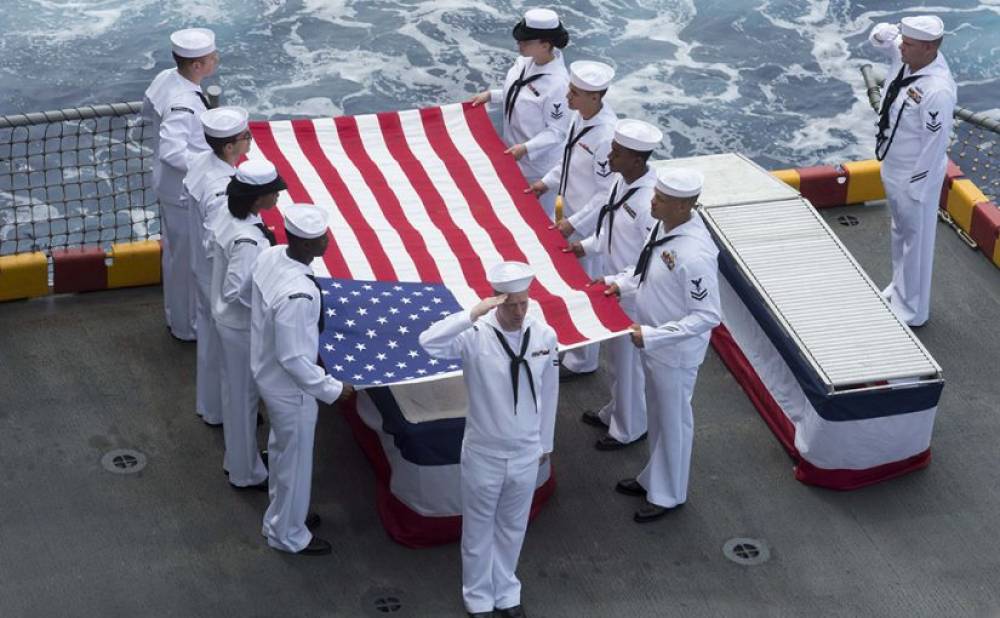When veterans separate from military service, one of the most important documents they receive is their DD214, also known as the Certificate of Release or Discharge from Active Duty. This document is crucial for accessing various veterans' benefits, employment opportunities, and other important services. To protect this valuable document, many veterans turn to county recording services to ensure their DD214 is safely stored and easily accessible. But is county recording the right choice for everyone?
What is County Recording?
County recording refers to the process of submitting an official document to a local government office, where it is entered into the public record. For veterans, this typically means filing their DD214 with the county recorder’s office. The primary purpose of this service is to offer a secure location where the document can be stored and easily retrieved when needed.
While these benefits are significant, it’s important to consider the full picture before deciding to file your discharge documents with the county. There are some potential drawbacks and frustrations that veterans should be aware of.
The Downsides and Frustrations of County Recording
- Limited Control Over Access: Although many counties implement measures to protect veterans’ privacy, filing a document with the county means it becomes a part of the public record. This could potentially allow unauthorized individuals to access your sensitive information. Not all counties are equally rigorous in protecting these records, leading to potential vulnerabilities.
- Fees and Costs: Some counties charge a fee for the recording service, although many waive it for veterans. However, even in counties where the service is free, there may be costs associated with obtaining certified copies of the document later on.
- Varying Procedures: The process for recording a DD214 varies from county to county. Some counties may require the original document, while others may accept a certified copy. This inconsistency can be frustrating for veterans, especially those who relocate frequently or need their documents accessible in multiple locations.
- Risk of Bureaucratic Delays: Dealing with local government offices can sometimes involve bureaucratic delays, lost documents, or other administrative challenges. These issues can be frustrating, especially when time-sensitive access to your discharge documents is needed.
- Permanent Public Record: Once recorded, the DD214 becomes a permanent part of the public record. If for any reason you decide later that you no longer want your document on file with the county, it can be difficult or impossible to remove it.
Is County Recording Right for You?
While county recording can offer valuable peace of mind, it’s not without its downsides. Before deciding to file your DD214 with the county, consider whether the benefits outweigh the potential risks and frustrations for your specific situation. If privacy and control over your documents are top priorities, you might explore alternative methods of safeguarding your military discharge documents, such as secure digital storage or private records services.
A better alternative: Safekeep by DD214Direct.com
For veterans seeking a modern solution that offers the same security and accessibility as county recording without the associated drawbacks, our service, Safekeep, is the perfect alternative. Safekeep is a digital platform that allows veterans to store and access their military discharge documents directly through our secure client portal. With Safekeep, your documents are kept safe, private, and readily available whenever you need them.
Unlike traditional county recording, Safekeep ensures that only you and those you authorize have access to your documents, eliminating concerns about unauthorized access or privacy breaches. Additionally, Safekeep offers the convenience of accessing your documents from anywhere, at any time, without the hassle of dealing with local government offices or potential bureaucratic delays.
By choosing Safekeep, you get all the benefits of county recording—such as safekeeping and ease of access—while enjoying a more private, secure, and user-friendly experience tailored to meet the unique needs of today’s veterans.















